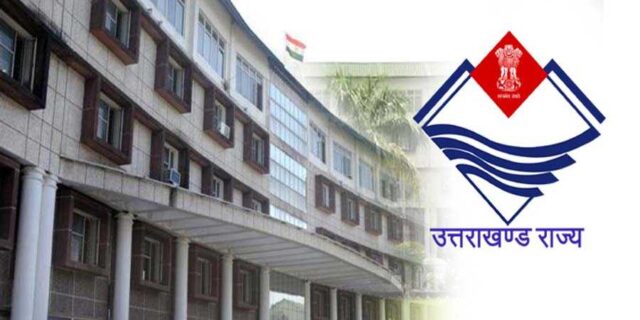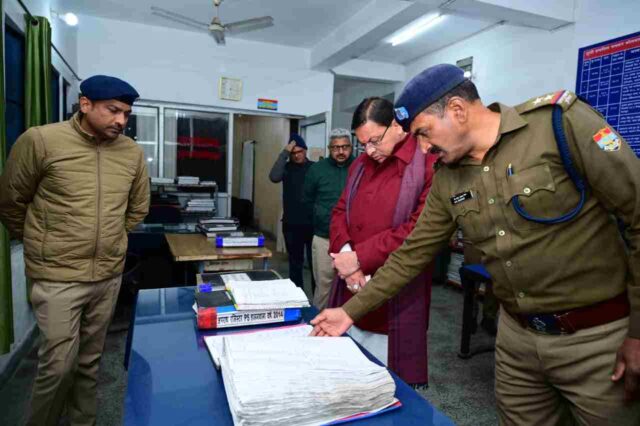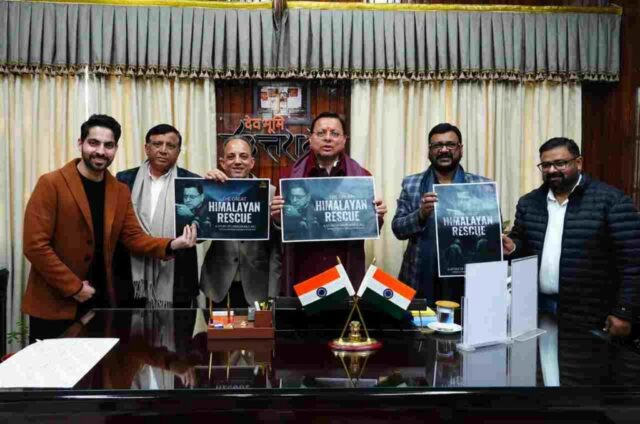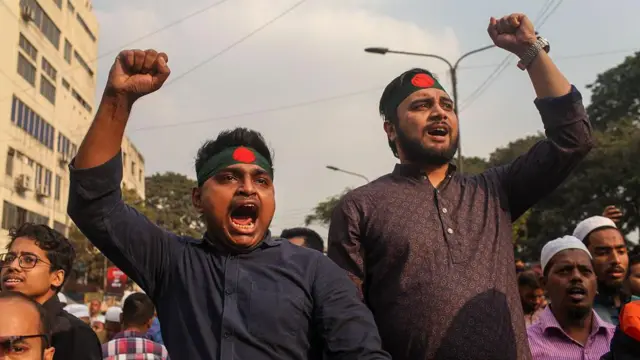‘MAKE IN INDIA’ IN MICRO INDUSTRIES
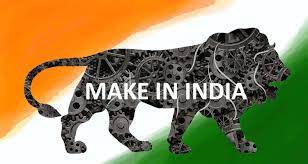
Ministry of MSME is implementing following schemes to give impetus to ‘Make in India’ in MSME sector. These schemes focus on the promotion of locally produced goods in the country through empowering micro and small scale enterprises and traditional artisans:
i. Prime Minister’s Employment Generation Programme (PMEGP) is a major credit-linked subsidy programme aimed at generating self-employment opportunities through establishment of micro-enterprises in the non-farm sector. The scheme focuses on producing goods using local talents, raw materials and machinery for domestic consumption and exports.
ii. Scheme of Fund for Regeneration of Traditional Industries (SFURTI) to organize traditional industries and artisans into clusters to make their products competitive and provide the artisans with sustainable employment.
iii. Micro and Small Enterprises-Cluster Development Programme (MSE-CDP) to create Common Facility Centres, Infrastructure Development and Flatted Factory Complexes by organizing 20 or more industries of similar value chain into clusters.
iv. Gramodyog Vikas Yojana (GVY) which has components such as Honey Mission and Kumbhar Sashktikaran Programme (KSP) promotes beekeepers and rural potters respectively by providing them with bee boxes, electric wheels, toolkits, training, etc. The scheme encourages production of quality products using local traditional knowledge.
v. Khadi Vikas Yojana: provides assistance to Khadi Institutions for development of Khadi and generation of employment opportunities in the country through marketing assistance, Interest subsidy, infrastructural support, capacity building, modernization of sales outlets, etc.
vi. Besides, to promote ‘Vocal for Local’, Khadi and Village Industries Commission (KVIC) has started making of Khadi Prakritik Paint using local material and knowledge. It has also launched a new e-commerce platform www.ekhadiindia.com for marketing of locally produced goods.
Third party evaluation for impact assessment of above schemes is done from time to time. Key findings of the evaluation report indicate that the schemes have been able to (i) provide sustainable employment to more than 5 lakh persons each year, particularly in the rural area, (ii) increase production capacity, income and employment in micro and small enterprises through cluster programme and (iii) provide assistance to rural and poor artisans in traditional industries through formation of collectives.
Ministry is implementing International Cooperation (IC) scheme to enhance the competency of MSMEs, capture new markets for their products, and explore new technologies for improving manufacturing capacity, etc. The scheme supports MSMEs by way of participation in international events for exploring export opportunities, access to international business networks, technology upgradation/modernization, improved competitiveness, awareness of better manufacturing practices etc.


